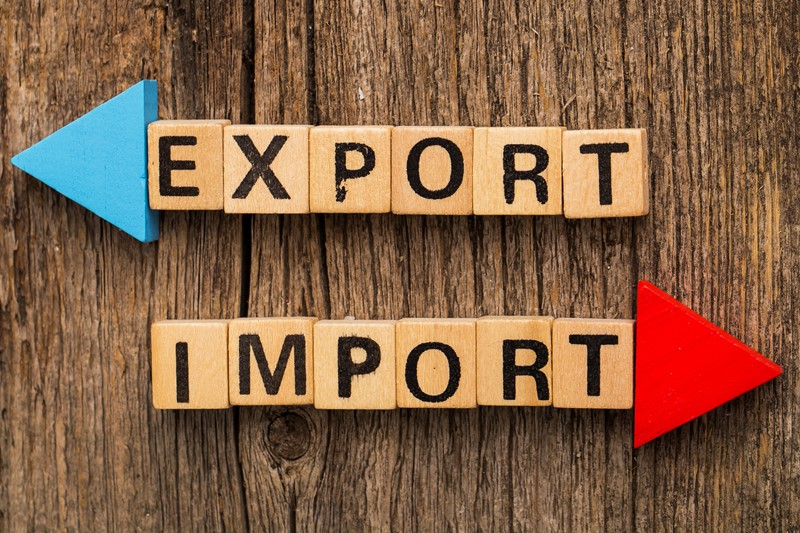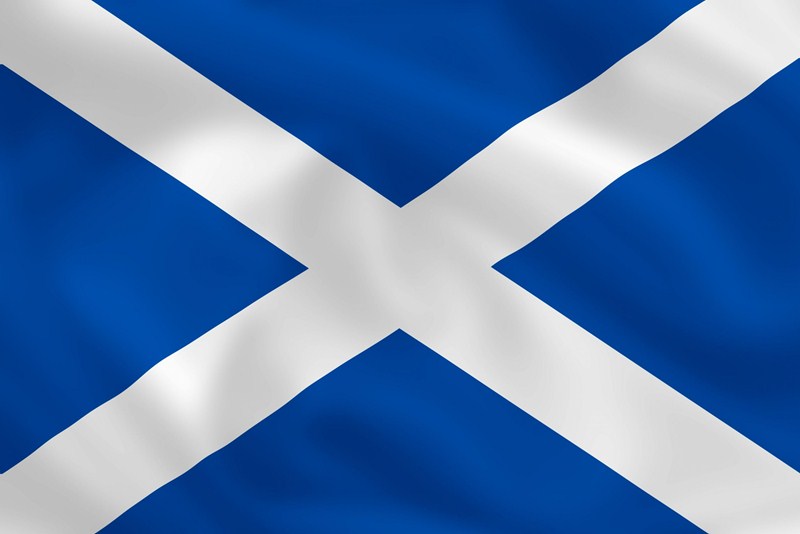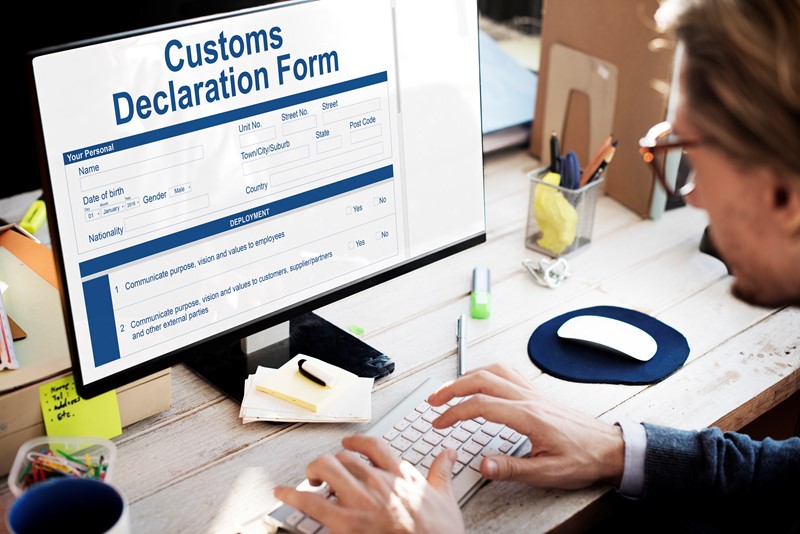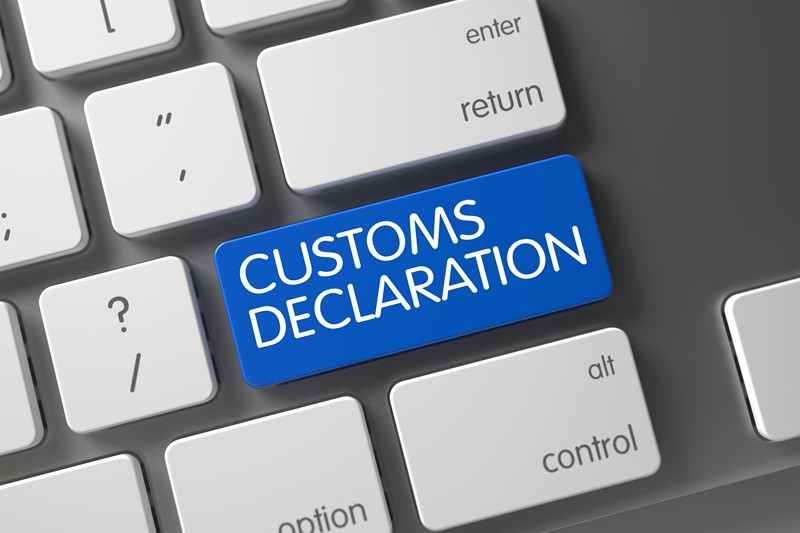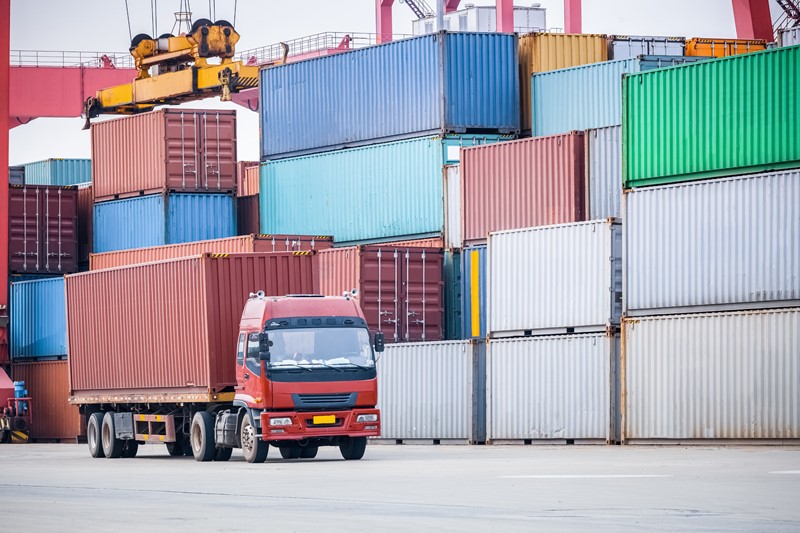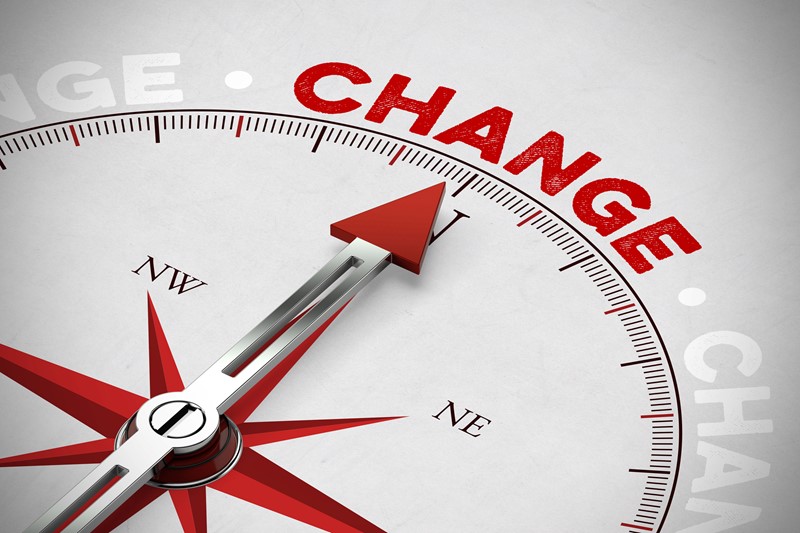Customs declarations can be difficult and time consuming to complete. Businesses can make their own custom's declarations; however, this is complex and requires specialist skills and software.
Most businesses use a specialist such as a customs agent, broker, freight forwarder or fast parcel operator to submit import and export customs declarations on their behalf. HMRC publishes a regularly updated list of customs agents and fast parcel operators who may be able to help.
The list is known as the register of customs agents and fast parcel operators and has recently been updated. It should be noted that businesses on these lists are not vetted, approved or recommended by HMRC and proper due diligence should be used.
HMRC’s guidance is clear that if your goods do not have the right paperwork, or if information is incorrect or missing, your goods may be seized, and you may face delays and have to pay extra charges.
If you are moving goods between Great Britain and Northern Ireland, the free Trader Support Service can also help guide you through the necessary processes. This service can also help businesses who import goods into Northern Ireland from the rest of the world. The use of this service is optional.


